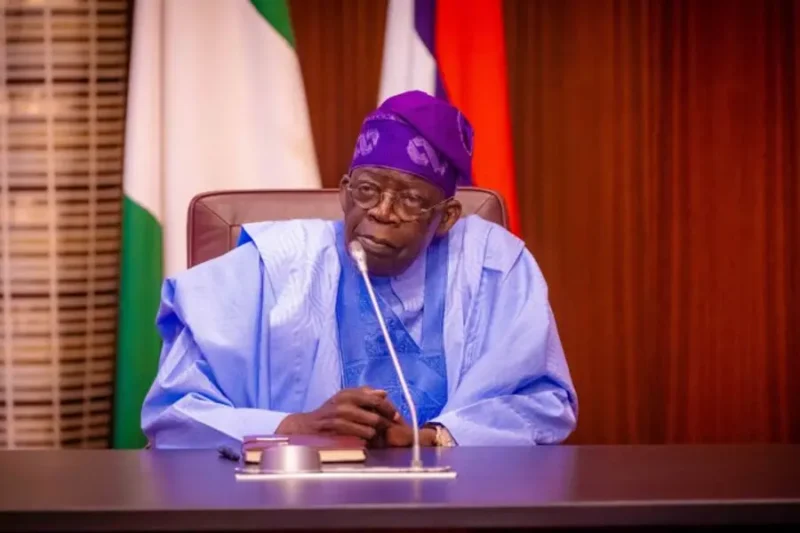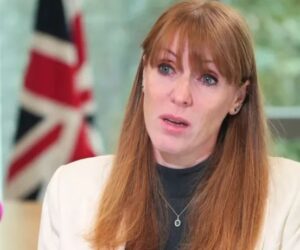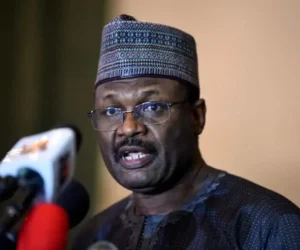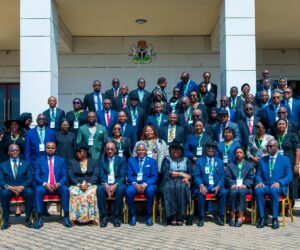The last may not been heard about the presidential pardon granted to some categories of individuals by President Bola Ahmed Tinubu recently. While the move was being celebrated in some quarters, it attracted a barrage of condemnations from certain quarters. SUNNY IDACHABA in this piece examines the scenario.
It is no longer news that as part of his national broadcast on October 1, this year, President Tinubu granted clemency or what is better known as presidential pardon to some categories of Nigerians who were convicted of various offences and serving jail terms in correctional centres across the country.
Among the pardoned were the dead, but whose family members still live with the stigma years after on. The Presidential spokesperson, Bayo Onanuga, breaking down the details, said, “Illegal miners, white-collar convicts, remorseful drug offenders, foreigners, Maj.-Gen. Mamman Vatsa, Major Akubo, Professor Magaji Garba, capital offenders such as Maryam Sanda, Ken Saro Wiwa and the other Ogoni Eight were among the 175 convicts and former convicts who earlier received President Bola Ahmed Tinubu’s mercy.”
He said further, “President Tinubu granted clemency to most of them based on the reports that the convicts had shown remorse and good conduct. He forgave some due to old age, the acquisition of new vocational skills or enrolment in the National Open University of Nigeria (NOUN).
“President Tinubu also corrected the historic injustice committed by British colonialists against Sir Herbert Macaulay, one of Nigeria’s foremost nationalists.
“In all, the Presidential Advisory Committee on the Prerogative of Mercy chaired by the Attorney-General and Justice Minister, Prince Lateef Olasunkanmi Fagbemi, recommended pardon for two inmates, 15 former convicts, 11 of whom have died.
“The committee recommended clemency for 82 inmates and commutation of sentences for 65 inmates. Seven inmates on death row also benefited from the presidential reprieve. The Committee recommended that the president should commute their death sentences to life imprisonment.”
Voices of opposition
When this novel move, the first to have ever been done by any president since independence, was made public, it attracted condemnations from some individuals and sections of the country. For instance, the first person to react to the development was former vice-president Atiku Abubakar, who described it as “petty politics.”
In a statement on his X handle, he noted that the move undermines the sanctity of justice and risks encouraging lawlessness.
He admitted that the prerogative of mercy, presidential pardon or clemency by whatever nomenclature, is meant to tamper justice with compassion, but that “this particular one has been ‘trivialised’ for political reasons.”
Atiku faulted the inclusion of people, he said, were convicted of serious offences, stressing that the list weakens public faith in the Criminal Justice System and at the end of the day emboldens criminalities.
“Ordinarily, the power of presidential pardon is a solemn prerogative, a moral and constitutional instrument designed to temper justice with mercy and to underscore the humanity of the state.
“When properly exercised, it elevates justice and strengthens public faith in governance. Regrettably, the latest pardon issued by the Tinubu administration has done the very opposite,” he said.
Expectedly, other groups like the African Democratic Congress (ADC) and Amnesty International Nigeria (AIN) took a critical stand. For instance, the AIN, speaking through its director, Isah Sanusi, said, “We are deeply concerned by the clemency and pardons granted by the government of President Bola Tinubu to some persons convicted of human rights crimes, as the pardons for these crimes prevent reparations for victims.
“The way and manner Nigerian authorities carried out the exercise seemed to prioritise the perpetrators instead of access to justice and effective remedies for the victims and their families.
“The actions of the government have the potential of undermining the rule of law, preventing the emergence of truth, the determination of guilt or innocence by a court and reparations for victims, as well as entrenching impunity for human rights crimes.
“President Bola Tinubu should reconsider his government’s pardons for those convicted of human rights crimes and uphold and ensure the rights of the victims and their families.”
President’s right
However, in a stout defence of the president, a professor of Political Science/Defence Studies at the Nigerian Defence Academy (NDA) in Kaduna, Prof. Toba Alabi, said there’s nothing wrong in what the president did.
Although he frowned on granting pardon to Boko Haram killers and notorious bandits who were said to have been de-radicalised and set free to re-unite with their families, he admitted that extending prerogative of mercy to the 175 people, particularly those convicted for drug-related offences, fraud, and murder, was constitutionally right.
Prof. Alabi said, “Going by the dictates of the Constitution, the president has the right and power to grant pardon based on the prerogative of mercy wherever it is necessary. So, he has not done anything wrong in that; the Constitution allows him, but like we all know, there is no issue in Nigeria that would not generate controversy, especially when it concerns any arm of the government, particularly the executive. Even if the president does something that deserves commendation, some people, especially from the opposition, would still pick holes in what the presidency does.
“There is no way we can say that this action would aid criminalities unless we are saying that the pardoned persons are unrepentant criminals. That is to say that their release from prison can constitute national insecurity. I have not heard anything like that. So, by and large, I think the president has performed his constitutional duties which the Constitution has assigned to him.”
He said further, “De-radicalisation is a normal procedure in any conflict situation or war theatre. So, if an individual has decided to repent of his criminal act, there is no reason such a person should not be granted pardon. But the issue here is what type of pardon are you granting this person? Somebody has killed about 100 people and he just comes up and says that he has repented. Such a person should be either in jail or hell. You have killed 100 people and you just said you have repented and walked home to your family? I don’t think that is right.”
On his part, Murtadha Gusau, the Chief Imam of Nagazi-Uvete Jumu’ah and the late Alhaji Abdur-Rahman Okene’s Mosques in Okene, Kogi state, said in Islam, pardon and clemency are highly encouraged virtues that are both a religious principle and a legal concept based on the Qur’an and Sunnah, which instruct believers to forgive others as they seek Allah’s forgiveness.
He said, “The practice involves forgiving wrong-doers, restraining anger and treating people with tolerance, with the ultimate goal of seeking Allah’s mercy.
“Pardons are a form of mercy. We start our recitation of the Noble Qur’an by calling out to our All-Merciful Lord and Allah Almighty tells us that His mercy embraces everything.
“We are taught that we should have mercy on others for when our time comes to face Allah; He will also grant us with His mercy. Therefore, pardon is one of the good manners and righteous qualities with which Allah commanded His prophet and His believing servants.
Quoting the Holy Quran, he said, “And march forth in the way which leads to forgiveness from your Lord, and for Paradise as wide as the heavens and the earth, prepared for Al-Muttaqun (the pious). Those who spend (in Allah’s Cause) in prosperity and in adversity, who repress anger, and who pardon men; verily, Allah loves Al-Muhsinun (the good-doers).
“Show forgiveness, enjoin what is good, and turn away from the foolish (i.e., don’t punish them).
“The good deed and the evil deed cannot be equal. Repel (the evil) with one which is better.”
Fresh perspective
In the meantime, the federal government has clarified that so far, no inmate has been released under the recently approved Presidential Prerogative of Mercy as the process was still undergoing final administrative reviews.
Making the clarification, the Attorney-General of the Federation and Minister of Justice, Lateef Fagbemi, said no inmate has been freed.
“The Office of the Attorney-General of the Federation and Minister of Justice wishes to clarify that no inmate approved for clemency under the recent exercise of the president’s prerogative of mercy has been released. The process is still undergoing standard review to ensure all names and recommendations fully comply with legal and procedural requirements before any release order is issued,” he said.
The review stage, Fagbemi said, underscores the government’s commitment to due process, transparency, and adherence to the rule of law.
As the saying goes, ‘To err is human, to forgive is divine’; hence, nothing is wrong in granting pardons to individuals who have genuinely shown remorse and are willing to integrate into society.








